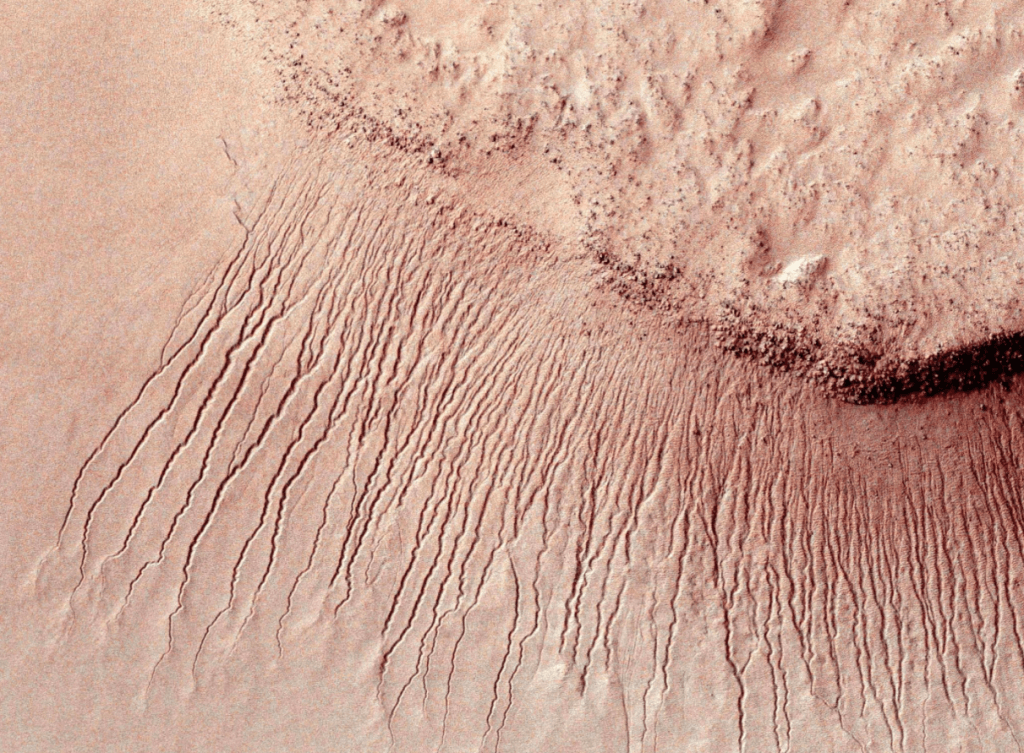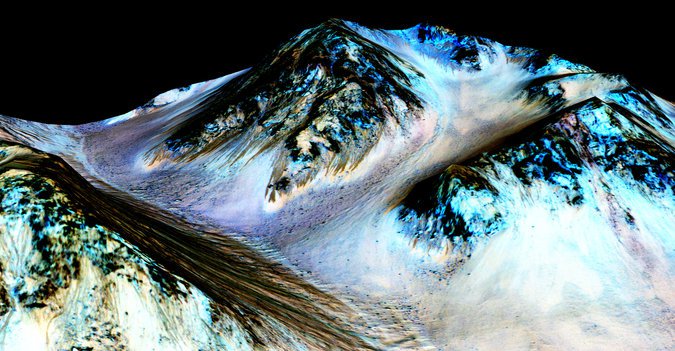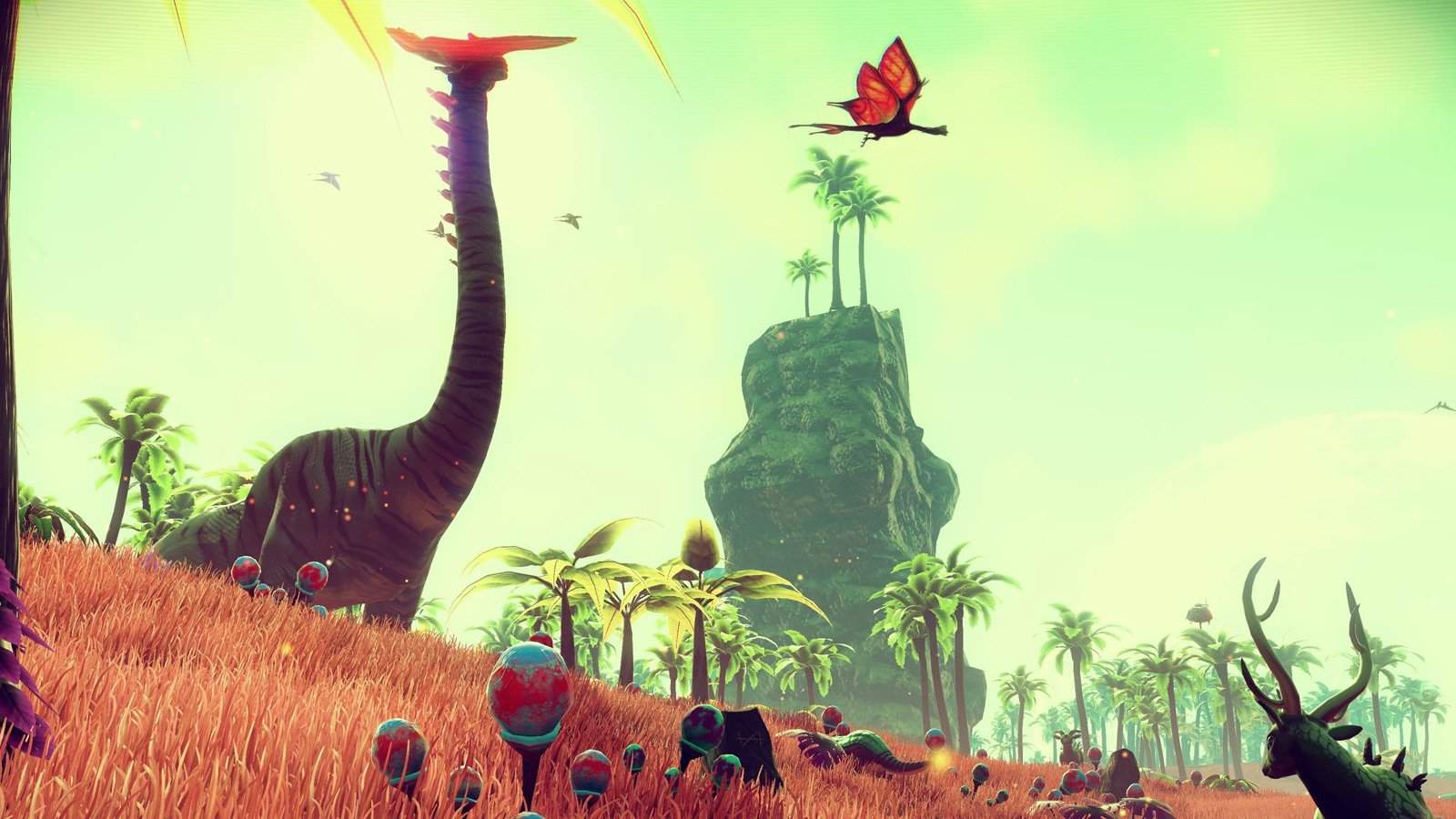Earthlings and fellow Martians rejoice — the long thought-to-be-true fact that Mars is an arid wasteland has finally been confirmed false. New findings from NASA’s Mars Reconnaissance Orbiter (MRO) provide the strongest evidence yet that there is water on Mars.
In a news conference held by the United States of America’s National Aeronautics and Space Administration (NASA), and a subsequent blog post covering the subject, it has been revealed that NASA’s most recent findings have confirmed the presence of water on the red planet.
The conference’s high point was when Jim Green, NASA’s Director of Planetary Science, simply stated: “Mars is not the dry, arid planet that we thought of in the past, liquid water has been found on Mars”.
NASA has confirmed that the long dark trails observed on the surface of Mars are actually made of liquid water. The water is said to run along the planet’s surface canyons and craters during the Martian summer months and eventually dries up, leaving dark stains that can reach hundreds of metres in length. These downhill flows, known as Recurring Slope Lineae (RSL), often have been described as possibly related to liquid water.

The new findings explain this phenomenon as hydrated salts that would lower the freezing point of a liquid brine (the chemical solution of the salted water), similar to that of Earth’s roads, that cause ice and snow to melt rapidly. These flows are likely subsurface flows that manage to pierce the planet’s surface just enough in order to leave dark stains behind.
NASA scientists are not exactly sure where the water originates from, but they hypothesise that it may come from below the surface of Mars, from underground ice reserves or salty aquifers in the form of rocks. Another theory is that the water simply condenses out of the thin Martian atmosphere.
Irrespective of where the water comes from, this finding is extremely exciting. Especially for anyone that dreams of a future where humanity is able to colonise other planets in our solar system. Who knows, discovering life on Mars could be next?
[Sources: NASA, New York Times]
Junior Editor at Vamers. From Superman to Ironman; Bill Rizer to Sam Fisher and everything in-between, Edward loves it all. He is a Bachelor of Arts student and English Major specialising in Language and Literature. He is an avid writer and casual social networker with a flare for all things tech related.











![Gravity [Official Trailers]](https://vamers.com/wp-content/uploads/2013/05/Vamers-FYI-Movies-Gravity-Banner.jpg)

![The Walking Dumb [Parody]](https://vamers.com/wp-content/uploads/2013/01/Vamers-Fandom-Walking-Dumb-Banner.jpg)

![Cool Things To Find [Parody]](https://vamers.com/wp-content/uploads/2012/11/Vamers-Cool-Things-To-Find-Parody-Banner.jpg)
